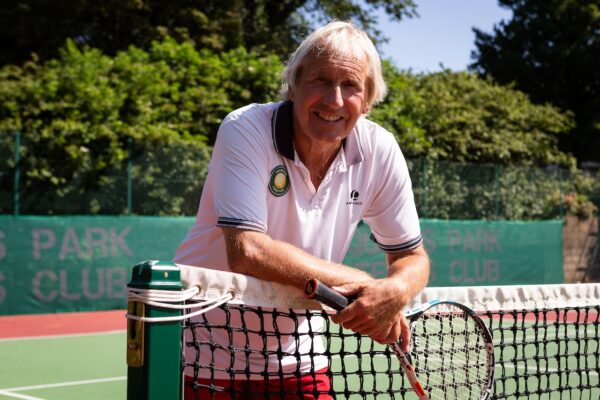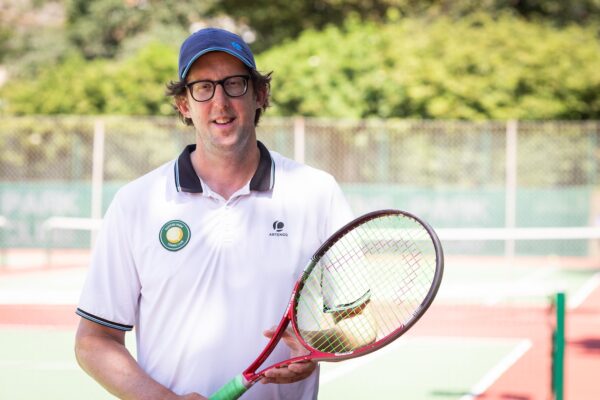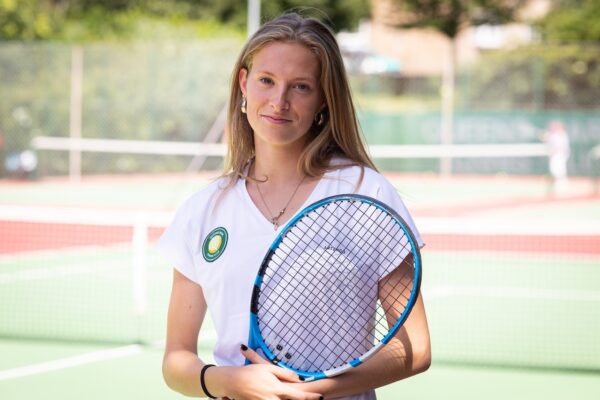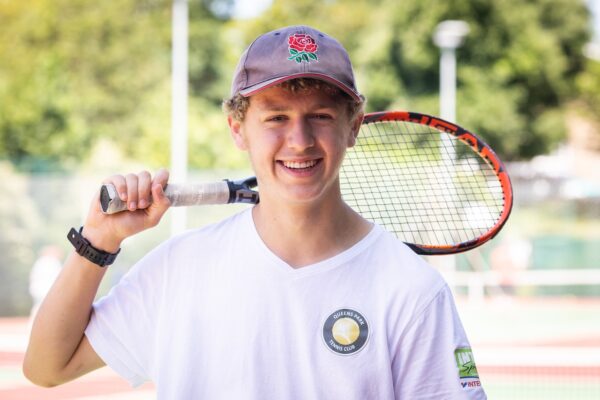QPTC Statement On Alcohol License Application
As previously mentioned QPTC has applied for an alcohol license for the clubhouse.
The club would like to emphasise that while the public ‘blue’ notice is required to declare serving hours 11am-11pm, Monday-Sunday, with a list of all potential events, that does not mean there is any scope or desire to host events on that scale.
QPTC is, and will remain, severely limited by the terms of its lease with the council when it comes to hosting or operating food and drink events at the clubhouse. The council will not allow QPTC to operate as a commercial venue serving drink and alcohol on a daily basis. What we have agreed in the terms of the lease is that QPTC is permitted to host a limited number of events, for members and their guests, or for approved partners, for which an alcohol license is required. QPTC believe that significantly helps the club without inconveniencing our neighbours.
No event involving alcohol would take place without the presence and supervision of the QPTC committee.
Having that license in place makes these events more popular, generating income which is vital for QPTC. Now that the council is withdrawing tennis funding, QPTC needs to come up with an extra £10,000 a year (over and above our regular tennis income) to cover the cost of maintaining the courts. QPTC increased club membership fees in 2018, and will do so again in 2019, but generating income from the clubhouse is a key part of our financial planning to make ends meet.
As our current participation figures demonstrate, QPTC is, and always will be, focused on tennis. QPTC won Division 1 and Division 2 of the Brighton & Hove Parks League in 2018. The club has significantly boosted its juniors programme – we had 60 kids from St Luke’s on court last week enjoying free coaching. The number of adult groups has more than doubled. QPTC just welcomed its 200th adult member. The desire to maintain a healthy social element, and for QPTC to remain financially viable, does not contradict our focus on tennis.
Two further points. Firstly, we believe that a properly licensed venue can be beneficial to local residents, because we – the QPTC committee – would be legally required to have a qualified license holder on site, and to follow strict licensing rules about under-age drinking, taking glasses outside of the building, storage etc. We believe most local residents would prefer an orderly licensing arrangement to an unregulated BYO policy.
Secondly, the granting of an alcohol license has allowed a number of local rugby, bowls and tennis clubs in our city to continue operating, and QPTC would not want to be at a competitive disadvantage by remaining an unlicensed venue. We believe these clubs make a valuable contribution to their local community.














